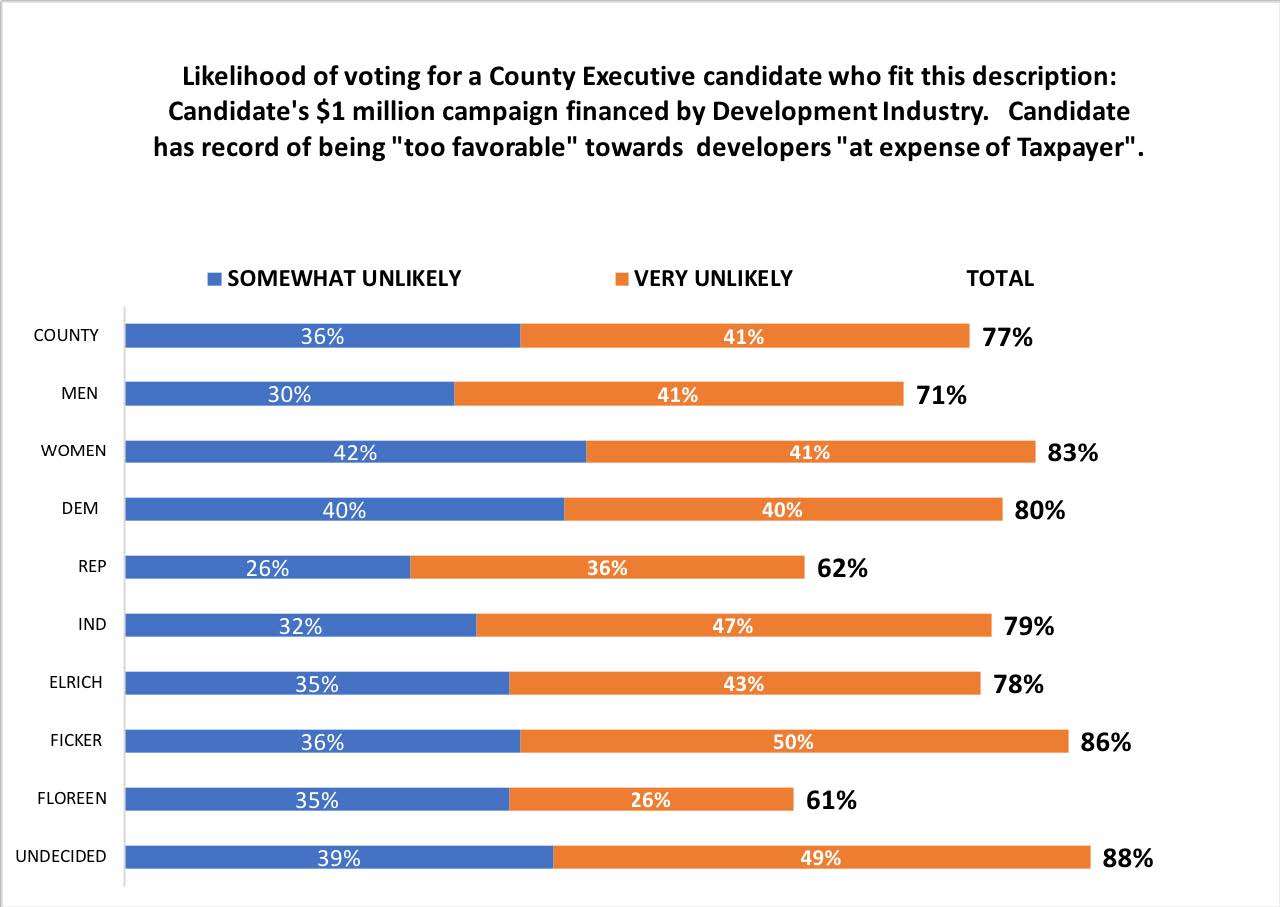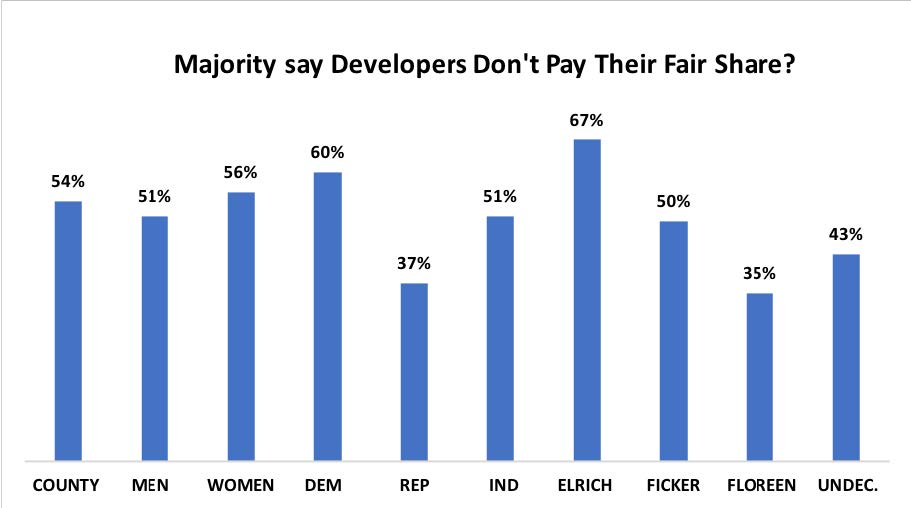Jealous was among the most left-wing candidates running for governor this year. While Jealous took offense at being asked if he is a socialist, it’s hardly an out-of-the-box question for someone who was a co-chair of Bernie Sanders’s presidential campaign. Sanders has been a proud socialist for decades. Moreover, Jealous ran as the most left-wing candidate in primary, consistently outbidding his opponents as the most uncompromising progressive.
The Jealous campaign promised that his hardline positions would motivate minority and progressive Democrats to vote and to elect him over Larry Hogan. Obviously, it didn’t work out that way. But did Jealous’s left-wing positions matter?
Why Did Jealous Perform Markedly Worse Than Abrams and Gillum?
Jealous performed far worse than strong progressives like Stacey Abrams in Georgia and Andrew Gillum in Florida who faced much more hostile political environments. Why?
For starters, Adams and Gillum ran not just as progressives but as pragmatists who wanted to make a real difference instead of hardline ideologues. While Jealous promised single-payer healthcare and attacked the Affordable Care Act for its high premiums in comments eerily similar to those of Republicans, Abrams and Gillum wanted to take advantage of the ACA’s Medicare expansion to cover more people in their states.
Abrams and Gillum’s experience and accomplishments in government gave them fluency on the issues and heft to their plans to make government work better for ordinary people. Jealous’s pie-in-the-sky plan to pay for single-payer health care by legalizing marijuana and reducing the prison population lacked similar credibility.
Candidate Choices Matter
Centrist Democrats had the luxury of a real choice. While they would have voted for Jealous against a right-wing kook, they voted in large numbers for Hogan against a left-wing Democrat. Georgia and Florida Democrats didn’t face the same choice and voted for less dogmatic Abrams and Gillum, who also ran better campaigns, in huge numbers against Trump Republicans.
It turns out that perhaps centrists need even more attention than progressives, as centrists are more likely to have somewhere else to go. While the ultra-progressive strategy works great in primaries, it leaves Democrats extremely vulnerable when the Republicans present less kooky options like Hogan.
Overreliance on Republican Racism
Hogan has shown once again that minority voters are perfectly willing to consider Republicans when presented with non-racist non-wingnut choices. Ironically, the former NAACP leader appeared to assume that he would automatically gain massive African-American support and that other people of color would also line up behind his banner.
Neither happened. Hogan’s acceptability on key racial issues freed up African Americans, who hold diverse beliefs on many issues just like everyone else, to look at other questions. Jealous was not well known in the African-American community and a good chunk of black voters found Hogan’s attempts to keep taxes stable and reduce burdensome fees more appealing than Jealous’s promise of radical expansion of Maryland government.
Jealous’s Strategy Ran Counter to Voter Trends and Maryland Demographics
Jealous’s hardline left-wing campaign was ill-equipped to take advantage of the major winds benefitting Democrats among well-educated white women. While not the only group to shift Democratic this year, they moved blue most sharply and they make up a disproportionate share of voters in well-educated Maryland compared to other states.
Usually middle or upper-middle class, many of these voters are moderate or even former Republicans put off by Trump’s constant violation of norms and extremism on social and environmental questions. Though repelled by Trumpian radicalism, they are unsurprisingly also chary of more radical and less pragmatic Democratic plans. Hogan’s preemption on many issues, such as health care and community college, made Jealous’s plans an even tougher sell.
This didn’t cost Jealous the election but did help pad Hogan’s margin.
Progressives v. The Establishment
This explanation is a bunch of hooey but serves as a convenient excuse for disappointed Jealous supporters looking to blame anyone except the candidate. Large numbers of current Democratic officials hold the same positions as Jealous or are certainly willing to consider them. As I’ve detailed previously, the party was fully behind Jealous. Remember also that the full weight of the establishment didn’t manage to elect Anthony Brown four years ago.
To the extent that some elected officials didn’t hug Jealous tightly, it was for far more practical reasons. Most thought was a lousy candidate and seemed certain to lose. Why on earth would Democratic candidates for the legislature tie themselves to a sinking ship, especially if they aspire to represent areas where Hogan was about to win big?
Notwithstanding Jealous’s claims to be at the center of progressive accomplishments in Maryland, legislators didn’t know him and Jealous evinced little desire to know them, as his skipping the MACO meeting in Ocean City made plain. Jealous also didn’t endear himself to members of the General Assembly by bashing their progressive credentials in the primary and then taking credit for progressive legislation in the general.
At the end of the day, however, these problems had little to do with Jealous’s loss. Indeed, Jealous’s loss had far more to do with candidate choices, his lack of money, and the failure to get out any message that could rally Democrats in the general election.
 You can also find the above chart and others on the Seventh State Results Tracker.
You can also find the above chart and others on the Seventh State Results Tracker.






